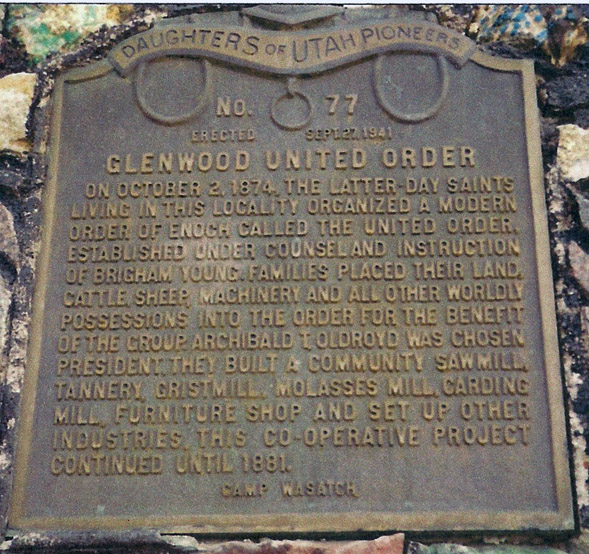-
•
•
16 responses
I finished up my month of jury duty last fall. Yes, you read that right: a month of jury duty. As things settled back to my usual craziness, I decided that I was rather disturbed by my behavior. Read More
-
•
•
6 responses
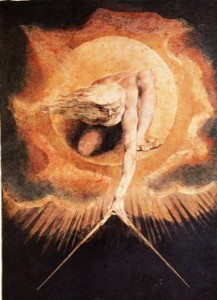
Is there a set of all sets? This is one way of asking that most basic of all metaphysical questions: is the world “one” or “many”? For traditional Christian thinking, the difference between the world being one or many was simply the difference between Christianity and paganism. Joseph Smith’s assertion that we are uncreated and coeternal with God hits the metaphysical reset button and forces us to look at this question again. Read More
-
•
•
121 responses
[Update 2:] The Church has responded, both with respect to Dr. Bott’s statement and with a statement on the Church and race. I’m adding the text of each to the bottom of the post, but I want to highlight these two excerpts: We condemn racism, including any and all past racism by individuals both inside and outside the Church. The origins of priesthood availability are not entirely clear. Some explanations with respect to this matter were made in the absence of direct revelation and references to these explanations are sometimes cited in publications. These previous personal statements do not represent… Read More
-
•
•
12 responses
(See here for Jim’s original post, here for part I, and here for part II) In my original response to Jim, I wrote the following: While I’ve tried to be fair and accurate, it may be that I’m misreading [Toscano or Faulconer], that I’m mistaken in my analysis of their position. Even if that turns out to be the case, I believe that explicitly laying out this Toscano-Faulconer spectrum is a very useful tool, one that helps us all to orient ourselves to the various possibilities that exist for intellectuals, and allows me to argue in favor of a third… Read More
-
•
•
4 responses
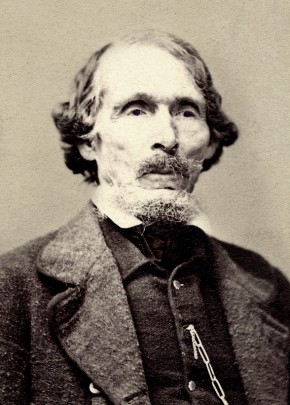
Perhaps the most common theme in early Mormon poetry is the restoration. But while the Book of Mormon itself prophesies about the restoration (as it does in the 10th Book of Mormon lesson), it wasn’t until this hymn was published in 1833 that Mormon poetry addressed the subject. Of course, soon after the Restoration became a very common theme in Mormon poetry from many authors. William Wines Phelps, the author of this hymn was also one of the first and most prolific of Mormon poets, although unlike his contemporaries Parley P. Pratt, Eliza R. Snow and John Lyon, Phelps never… Read More
-
•
•
2 responses
-
•
•
One response
I had previously intended to post some of Jim’s comments from an email. Instead, I’m re-posting his response to Part I here in order to further highlight what he has to say. I’ll follow this up with one more post tomorrow. Jim’s comments are as follows: I cannot tell you how touched and flattered I am by your piece, both by the kind things you say in the beginning and by the very fact that you’ve thought something I wrote worthy of such a careful, thoughtful response. My response to your essay is that I disagree with almost nothing. I think there… Read More
-
•
•
39 responses
I disagree with some important parts of Jim’s recent piece on intellectuals in the Church (please read what he said first). By the end, I hope it’s clear that it is (in part) for “Faulconerian” reasons that I disagree with him. To begin, I’m going to indulge in a bit of biographical narcissism in order to make a point about the nature of my disagreement. The semester recently began, and as I do at the beginning of nearly every course, I told the students a story about Jim Faulconer, or rather about my undergraduate self in one of Jim’s classes.… Read More
-
•
•
5 responses
Previously appearing on Times and Seasons: Part I: A tentative theory – the copyists for the printer’s manuscript didn’t work quickly enough. Part II: Rejecting the theory. * * * In January of 1830, Abner Cole illegally published three excerpts from the Book of Mormon, printed in three issues of The Palmyra Reflector, including a section from Alma 43, published on 22 January 1830. Read More
-
•
•
9 responses
Most of what is given is never received. Most of what is possible goes unrealized. And many feet never find a shoe. True, life presses on (except when it doesn’t). But when it moves, it moves in fits and false starts and, just like Darwin said, most of its spendthrift variations end up serving no end in particular. Call this surplus the bootless. Read More
-
•
•
3 responses
Previously appearing on Times and Seasons: Part I: A tentative theory – the copyists for the printer’s manuscript didn’t work quickly enough * * * One important question for this scenario is: Why did the copyists do that part of P that they supposedly fell behind in producing? Read More
-
•
•
35 responses
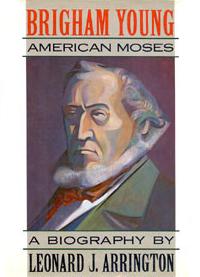
Often I find that I am annoyed with the focus of much of Mormon History studies today. The articles and books published seem to mostly cover the Joseph Smith and Brigham Young eras, along with a bit of the later Utah period, up to the turn of the century. At least, that is my perception. Read More
-
•
•
16 responses
Visiting hours ended at 8:30. I hugged my son goodbye and headed out of the adolescent unit, pausing at the locked exit for an attendant to buzz me through. Ben had been at the neuropsychiatric institute for nearly a week, following an acute mental health crisis. We visited him every day—either me or my husband or both of us. Tonight I was alone. Which meant that I was quiet as I took the elevator to the main floor and navigated the maze of hallways toward the main entrance—quiet enough to hear the crying woman before I could see her. Read More
-
•
•
4 responses
Royal Skousen is editor of the Book of Mormon Critical Text Project and professor of linguistics and English language at Brigham Young University. Part I: A tentative theory Physical evidence from the Book of Mormon manuscripts shows that the compositor (that is, the typesetter) for the 1830 edition normally used the printer’s manuscript to set the type for the first edition of the Book of Mormon. The printer’s manuscript (P) was the copy of the dictated or original manuscript (O) that the scribes made and took to E. B. Grandin’s print shop in Palmyra, New York. But for one sixth… Read More
-
•
•
20 responses
In the fourth chapter of The Attributes of God, Ostler does both a nice bit of analysis and a nice bit of synthesis. Ostler’s Analytic Gesture Through engagements with a handful of potential philosophical pitfalls, Ostler constructs a very nice analytic definition of omnipotence, stated thus on page 116: A is omnipotent at [time] t if A is able unilaterally to bring any logically possible state of affairs SA after t which (i) does not entail that “A does not bring about SA at t,” and (ii) is compossible with all events which preceded t in time in the actual… Read More
-
•
•
2 responses
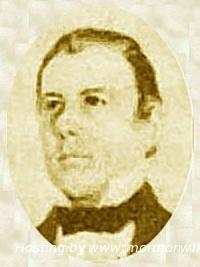
Scripture is often repeated in scripture, and poets have rarely been shy about re-using lines of poetry, often without attribution. Plagiarism is everywhere, and our view of it as a faux pas is really relatively recent—this view is certainly more recent than the mid 19th century, when Mormon newspapers started churning out poetry and other forms of Mormon literature. The 9th Book of Mormon lesson is also about repeated scripture, specifically Nephi’s use of the early chapters of Isaiah which seem to make up the bulk of 2nd Nephi. Perhaps Nephi served as an example for the poetry I’ve chosen… Read More
-
•
•
10 responses
-
•
•
12 responses
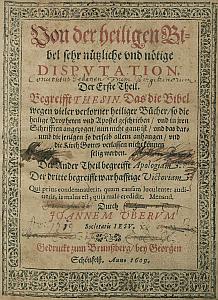
In 1609, Johannes Uber published the first part of his Very Useful and Necessary Disputation Concerning the Holy Bible (Von der heiligen Bibel sehr nützliche und nötige Disputation, VD17 1:050537Y) in which he argued for two points. First, that the Bible was no longer whole “because of the many lost holy books that the holy prophets and apostles wrote and referred to in their writings”; and second, that therefore those who leave the Catholic Church and rely only on the Bible cannot find salvation. Read More
-
•
•
21 responses
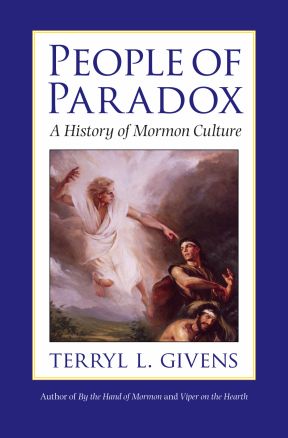
Terryl Givens’ recently wrote about the American compromise with Mormonism, whereby Mormons agreed not to be so radical as to entirely alienate themselves from American society (i.e., ditch polygamy and our lovely Deseret) in exchange for the U.S. ceasing its explicit campaign to eradicate us. He describes the unwritten contours of that compromise as consisting in a willingness to accept and even promote the various cultural achievements of Mormonism (e.g., our choir, football, family focus), while agreeing to shelve any serious engagement with our theology. One can hear the variation on a popular General Conference theme when he writes: “In opting to… Read More
-
•
•
39 responses
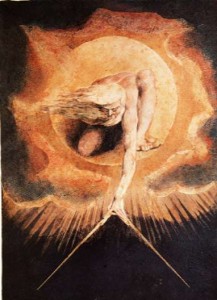
In House of Prayer No. 2, Mark Richard relates the hip surgery he had in the sixties as a boy. He didn’t understand much about what was happening. His parents checked him into the hospital and then he was pretty much on his own. Read More
-
•
•
111 responses

I was a little annoyed to hear it on the radio again yesterday. The Church was apologizing because apparently over-enthusiastic members had performed temple ordinances for recently-departed Jews, AGAIN! This time the situation was particularly egregious because the Jews involved are the parents of the late Nazi-hunter and war-crimes expert Simon Wiesenthal. Can those who keep submitting these names stop already? Read More
-
•
•
6 responses

Tomorrow morning, a bunch of Provoans (and presumably others) will wake up with a brand new ring on their left ring fingers. To all of you: congratulations and good luck! This, though, isn’t your story. Read More
-
•
•
5 responses
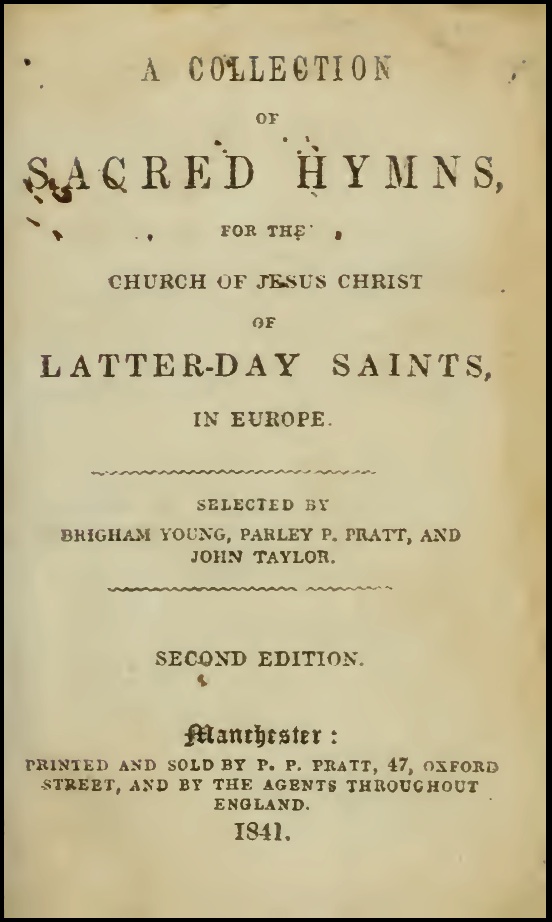
Active Mormons hear poetry about the atonement each Sunday in the sacrament hymn, so finding a poem to go with Jacob’s discourse on the atonement in 2 Nephi 9 isn’t too much of a burden. The hard part is finding something that isn’t already well known and is unique to Mormonism, which I’ve generally tried to do in this series. There are 28 sacrament hymns in the current hymnal, most of which are probably familiar. However, there have been a number of other sacrament hymns that are no longer in our current hymnal. Most of those are not by Mormons.… Read More
-
•
•
-
•
•
13 responses
(Corrected!) I hope it’s not too late to post this, and equally that it will still be useful in this quick and dirty form. Though long, I’ve included the scriptural passages for quick skimming, since I doubt they’re familiar. We’re familiar with blessings in the Church- patriarchal blessings, blessings on the food, blessings of health, etc. But blessings have a counter-part that Israelites were just as familiar with and we have no background for: cursings. I wanted to write a typology of curses for my dissertation, but it turned out my advisor’s advisor (three generations of UChicago!) had already done… Read More
-
•
•
19 responses
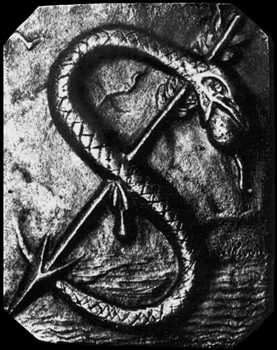
The children of Israel are stiff-necked and hard-hearted. God sends serpents to bite them. Then he says the only way to be healed is to look at a serpent held up on a pole. This is kind of like reading theology. Read More
-
•
•
9 responses
I know as soon as you hear the phrase “cedars of Lebanon,” your eyes glaze over. Read More
-
•
•
2 responses
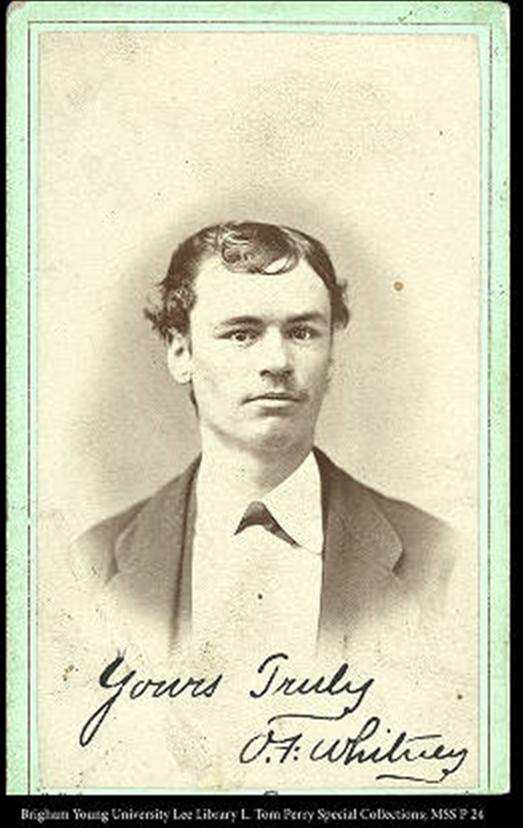
Lehi’s final counsel in the Book of Mormon is to his son Joseph makes an interesting literary link between Joseph in Egypt, Joseph the son of Lehi and Joseph Smith, Jr. But, LDS authors have largely ignored this link, especially before 1900, when any mention of Joseph was usually a reference to Joseph Smith, Jr. But I did manage to find an exception in Orson F. Whitney’s epic, Elias. As far as I can tell, other than general righteousness, the only real link between these three is that they happen to have the same name. Their histories aren’t really comparable… Read More
-
•
•
58 responses
What role do apostasy narratives play in Mormon theological discourse? Actually, let me ask that question more clearly, since I’m after something pre- rather than de-scriptive: What role should apostasy narratives play in Mormon theological discourse? A long and venerable tradition has given such narratives theological pride of place, but I want to ask whether that tradition has not generally seen Mormon thinkers wandering in theologically unproductive paths. Is there reason to be done, once and for all, with apostasy narratives in our theological work? Read More

